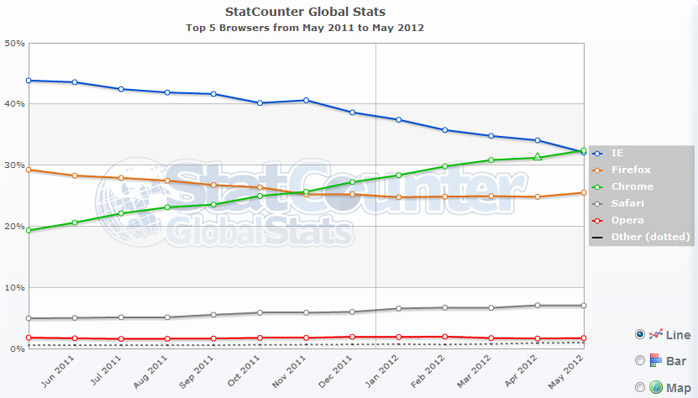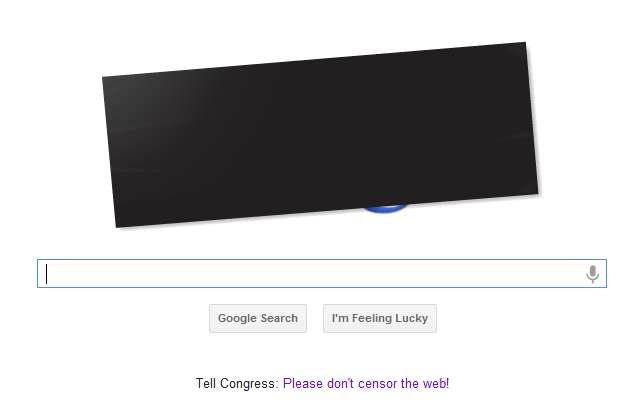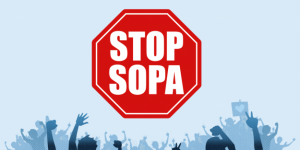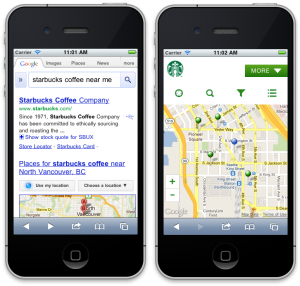
Independent web analytics firm StatCounter confirms milestone as Chrome overtakes IE globally for first calendar month. People use IE at work, and Chrome at home as you can see from the 2 day distortions every 5 days on their website.
For the full month of May according to StatCounter data from over 15 billion page views, Chrome took 32.43% of the worldwide market compared to 32.12% for IE and 25.55% for Firefox.
Source: https://gs.statcounter.com/#browser-ww-monthly-201105-201205





 United States H.R.3261 AKA the
United States H.R.3261 AKA the 
